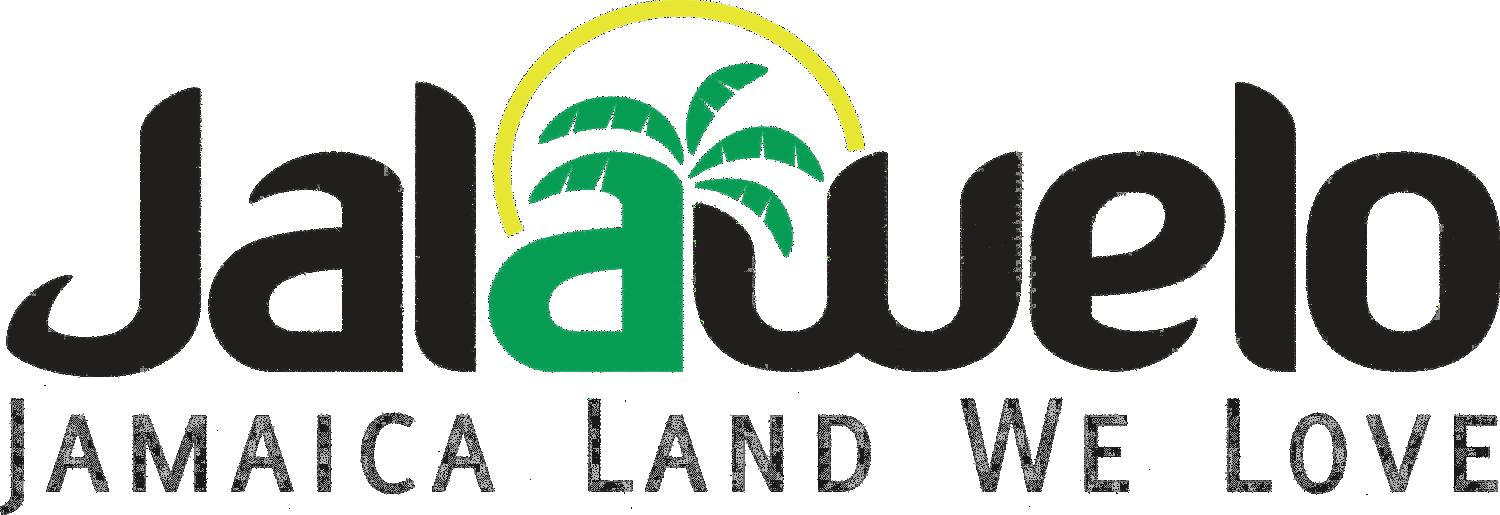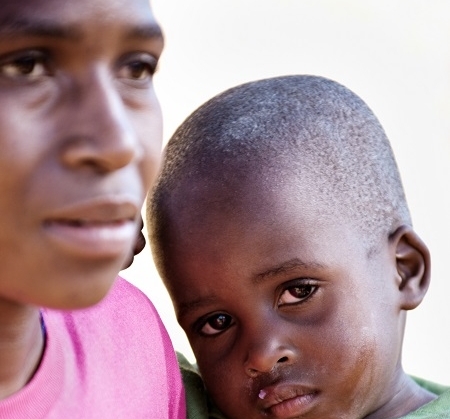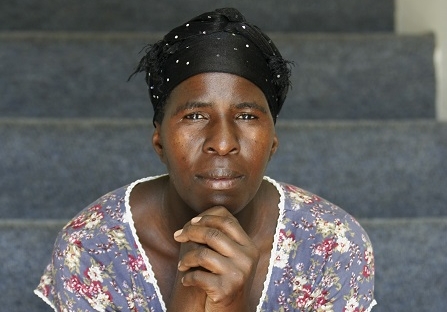JAMAICA’S PARENTS: VILLAINS OR VICTIMS?
Understanding the Plight of Parents
The mother who used a machete to beat her “frantic”preteen daughter seemed frustrated as she repeatedly swung the blade unto her terrified child. This occurred last year, although it has only recently gone public as a video of the incident was posted online. In response, the police arrested the mother temporarily and placed the child with family.
A VICTIM OF CULTURAL DISCIPLINE?
Such severe discipline is not the norm in Jamaica. And so, the video not only shocked, but disturbed, many Jamaicans. It is true that controlled corporal punishment has been a part of the Jamaican culture. Most individuals, especially from previous generations, can attest to being spanked at some point during their childhood. This type of punishment, however, can easily spiral out of control when a parent is angry or under stress due to daily challenges they face.
ABUSIVE OR EXHAUSTED?
This may well have been the case with the mother on video. According to sources, she normally does not act like this and is typically seen as the “mother for the community.” Sources suggest that her daughter had behavioural problems, which may have caused the mother to reach a point of exasperation. Parents with high amount of stress often release their anger by beating their offspring. While this does not excuse the response of the mother, it may allow us to understand her more. She, and many others, may not have been equipped to properly deal with the challenges and strains which parenting presents. These issues can affect different types of parents such as those who are young, single, and/or male in the Jamaican context.
YOUNG PARENTS
Younger parents are often in need of parenting advice and and a way to support themselves financially. Almost 1/4 of all Jamaican girls have at least one child before age 18. Their young age may indicate a greater lack of emotional financial maturity to adequately support a child. In fact, most Jamaican youth work in low-paying and low-skilled jobs. This is likely to put extra strain on young parents across the island.
SINGLE PARENTS
Large numbers of children in Jamaica are being raised mainly by one parent. Single parents struggle to carry most of the responsibility of parenting on their shoulders. Mothers, in particular, face challenges since Jamaican women are nearly twice as likely to be unemployed as men. Moreover, female headed households are usually larger, which puts greater pressure on already limited resources. Both single men and women are challenged, however, and sometimes do not receive support from their families or communities.
FATHERS
There is a trend towards a lack of father involvement in Jamaica. Most children aged 3 to 5 years old do not live with their biological fathers. For some fathers who do cohabit with their children, their emotional or psychological involvement with the child is kept at a minimum. This may stem from the cultural expectation of fathers to be mainly the providers, giving them license to neglect their roles as caregivers also. Furthermore, they may even struggle to provide financially as they may not have high levels education. This is because, in Jamaica, more males tend to discontinue school after age 16 than females.
HELPING JAMAICANS PARENT
These are simply a handful of the issues which confront parents daily in Jamaica. While we must protect the rights of a child, we must not ignore the cries of a parent. Parents may need formal parenting advice to break away from their own harmful behaviors. It is in meeting the needs of parents, that we can positively impact their children.
Healthier homes create a healthier future generation.
Want to Contribute to Healthier Homes?
→ Support Jalawelo's I Can Parent Program





